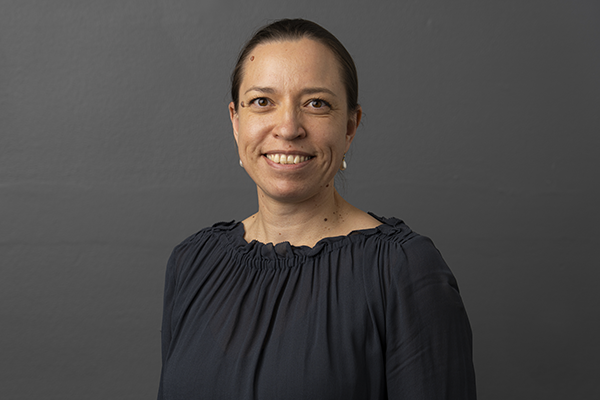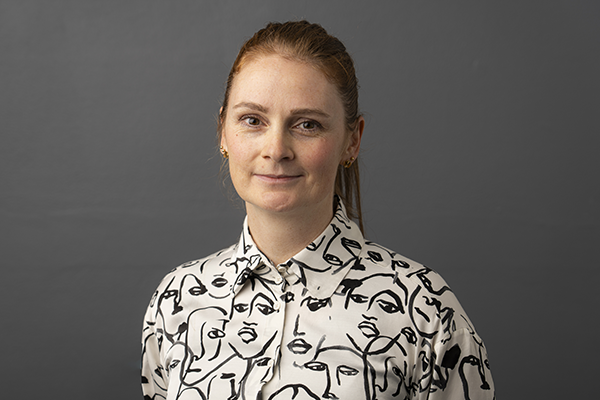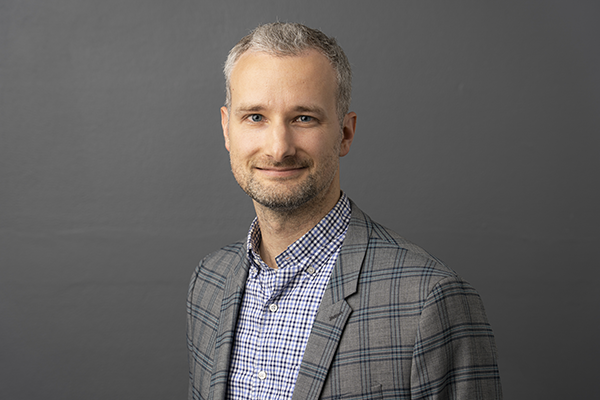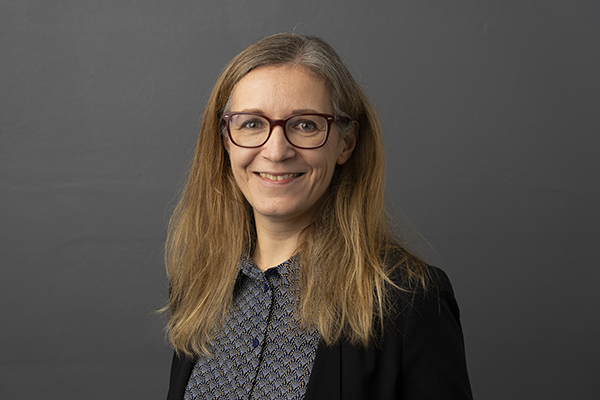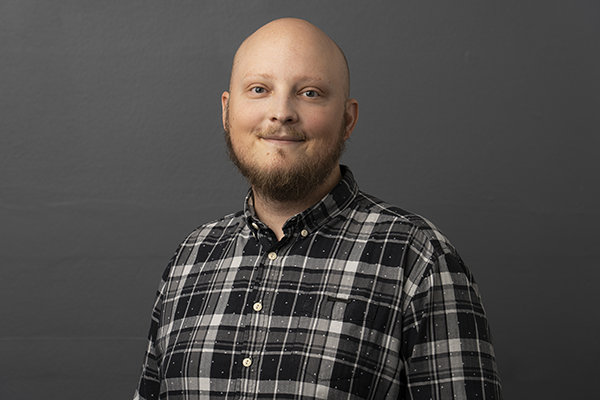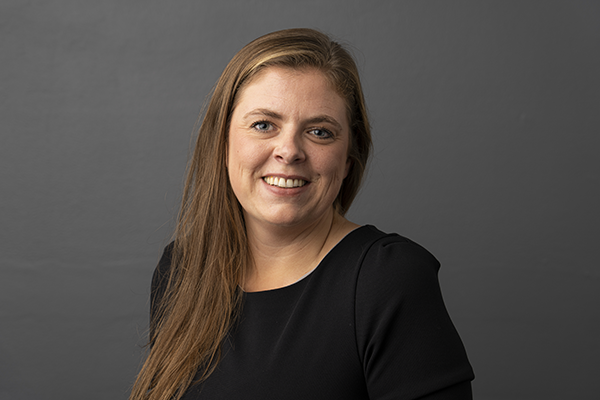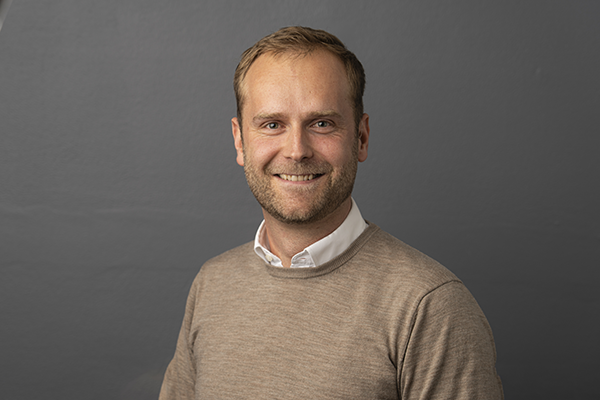Sapere Aude
DKK 43 million for 7 excellent young researchers at SDU
Seven researchers at SDU have each just received a Sapere Aude grant from Independent Research Fund Denmark to pursue their research ideas and lead their own research groups.
This year's Sapere Aude grants have just been awarded from Independent Research Fund Denmark, and a total of 7 extremely talented SDU researchers have received one of the prestigious grants.
All the reseachers have been involved in a tough selection process, where only the most talented are left with a Sapere Aude: DFF research leader grant today.
With each grant of approx. 6 million kroner, the young researchers now have the opportunity to develop their own ground-breaking ideas and their research management.
More about the researchers and their projects
Aida Solhøj Hansen, Department of Molecular Medicine
The project will uncover a possible new mechanism for how the tumor in many patients with breast cancer develops resistance to treatment. This will eventually help us find new ways to overcome resistance and lead to a more effective fight against breast cancer, which is the leading cause of cancer-related death in women worldwide.
Amalie Timmermann, assistant professor at National Institute of Public Health
The project seeks to understand how chemicals in our environment affect breastfeeding and children's health and thus create better knowledge about the interaction between environmental chemicals and breastfeeding.
This knowledge is central to being able to legislate on the use of environmental chemicals and create evidence-based clinical guidelines - which can ultimately promote maternal and child health.
Fabian Haiden, assistant professor at the Department of Mathematics and Computer Science
The project seeks to achieve new breakthroughs in a mathematical problem that lies at the heart of difficult and fundamental questions in geometry and mathematical physics. In high-energy physics, computer science, and other disciplines, a powerful algebraic language, category theory, has emerged for modern purposes.
In this project, answers are sought to: What is the geometry that is described by a category? If you could take a picture of a category, what would it look like? All to achieve new breakthroughs in this mathematical problem.
Ingvild Berta Ina Bode, associate professor at the Department of Political Science and Public Management
The deployment of AI in warfare raises particularly critical questions – such as to what extent will humans continue to play a significant role in decision-making about the use of force?
The project will contribute with crucial knowledge about the distribution of tasks between humans and machines and how that affects freedom of action in warfare – and by extension, insights into how AI technologies should be used in warfare.
Joe Alexandersen, associate professor at the Department of Mechanical and Electrical Engineering
The focus of the project is on a special flow nozzle, which can be used, among other things, to increase energy production and reduce noise from wind turbines.
The project develops new calculation methods that will follow a space-time description of the systems and solve the entire time series at once by using supercomputers to divide the work in parallel into space and time simultaneously. This will reduce waiting times and make it realistic to be able to optimize time-dependent industrial problems in the future.
Johanne Louise V. Christiansen, associate professor at the Department of Culture and Language
The relationship between religion and nature is more relevant than ever and religious environmental movements are emerging worldwide. The project examines how nature in the Qur'an is perceived, reinterpreted and negotiated, both in its historical context, throughout the history of Islam and to contemporary Islamic environmental initiatives.
The project thus sheds light on essential questions such as: How can nature and humans coexist? Does religion, in this case Islam, have the potential to contribute to solutions to the climate crisis?
Tore Bjerregaard Stage, professor at the Department of Public Health
The project will identify new molecular mechanisms for the nerve damages (peripheral neuropathy) that is a very frequent side effect of many chemotherapeutic drugs. Overall, the project will contribute to significantly increasing the understanding of peripheral neuropathy, this knowledge can be used to find new ways to treat and prevent the side effect.
More about Sapere Aude
Independent Research Fund Denmark has received 349 applications and awarded 39 grants, corresponding to a success rate of 11%, both in terms of amount applied for and number of applications.
The number of female applicants was 122 and 15 Sapere Aude Research Leader grants were awarded to women, giving a success rate of 12%. For male applicants, the success rate is 11%.
